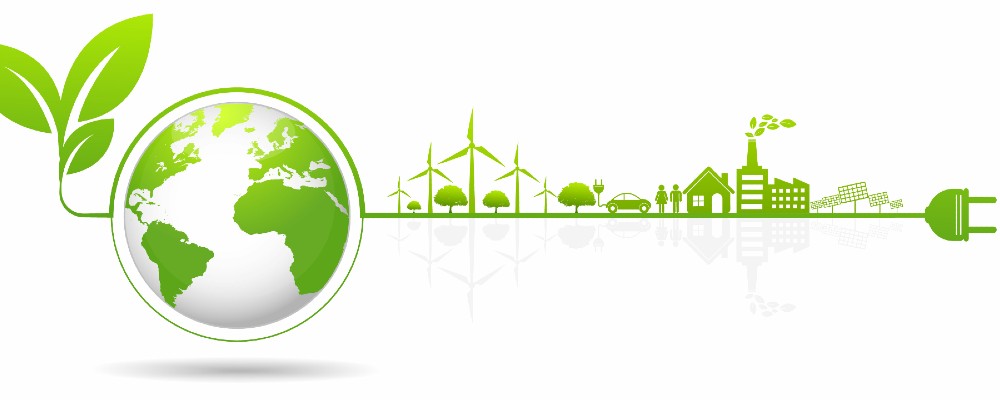
As we enter the last week of October, and 2021 begins to wind down, many organizations are taking a look back at the past year or two thanks to the pandemic, and not only assessing how these past 12 to 24 months have gone but also what changes need to be made moving forward. And for many companies, this report is being done through and according to the standards of the Global Reporting Initiative (GRI).
The GRI is an independent, international organization that helps businesses and other organizations take responsibility for their impacts by providing them with the global common language to communicate those impacts. They’re able to do this thanks to their GRI standards, which enables any organization, large or small, private or public, to understand and report on their impacts on the economy, environment, and people in a comparable and credible way, thereby increasing transparency on their contribution to sustainable development. In addition to reporting companies, the Standards are highly relevant to many stakeholders, including investors, policymakers, capital markets, and civil society. ?
While the GRI isn’t new by any means, originally being founded over two decades in the year 2000, the report has become popular worldwide. Roughly 73 percent of the G250, the 250 largest companies by revenue based on the Fortune 500 ranking, use the GRI, while about 67 percent of the N100, a worldwide sample of 4,900 companies comprising the top 100 companies by revenue in each of the 49 countries researched, use the GRI as well.
The growth in popularity can mainly be attributed to the facts that the GRI helps companies tremendously improve their environmental, social and corporate governance (ESG) performance and that each of the standards offers unique opportunities to create value for a company.
Today, Ribbon Communications Inc, a global provider of real-time communications software and IP optical networking solutions to service providers, enterprises, and critical infrastructure sectors, announced the publication of its latest Global Sustainability Report, which covers its ESG performance in 2020 and early 2021. Written in accordance with the Global Reporting Initiative (GRI) Sustainability Standards and the Sustainability Accounting Standards Board (SASB) Technology Related Hardware Standard, the report also includes an overview of Ribbon’s position using the Task Force on Climate-Related Financial Disclosures (TCFD) and details their impact on people, society and the environment.
“I am extremely proud of the team’s efforts this year, which has allowed us to embrace a more strategic and ambitious approach towards our ESG goals,” said Bruce McClelland, CEO, and President. “We are pledging ourselves to make a difference towards climate change mitigation, Diversity, Equity and Inclusion (DEI), and compliance with international standards throughout our operations, helping to do our part in positively impacting a changing world.”
Following a detailed stakeholder mapping, engagement process, and a materiality assessment, Ribbon has refreshed its list of sustainability material topics and developed a sustainability strategy built upon four pillars. These four pillars include business integrity, secure and inclusive technology, a low carbon economy, and a future-fit workforce.
In support of these new strategic pillars, Ribbon has set three initial targets, otherwise being called the three by 30. These three goals are to reduce direct carbon emissions by 30 percent by 2030, increasing women in management to 30 percent of all management roles by 2025, and achieving 30 percent of their Tier 1 suppliers audited with zero major non-conformances against Ribbon’s Supplier Audit Protocol. Ribbon also expects to add additional goals in the coming year in order to support the effective delivery of its sustainability strategy.
“Business integrity through our entire value chain, responsiveness to customer needs in an ever-changing world, respecting planetary boundaries, and inspiring and empowering people are all important components of our approach to sustainability,” said Patrick Macken, Executive Vice President, and Chief Legal Officer. “We are taking deliberate action to further incorporate these elements in our company strategy and providing additional details on our programs so that all stakeholders can make informed decisions.”
Edited by
Luke Bellos